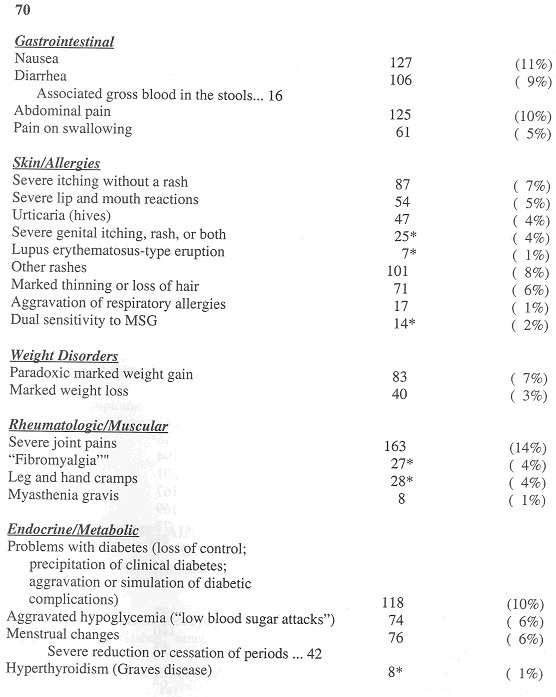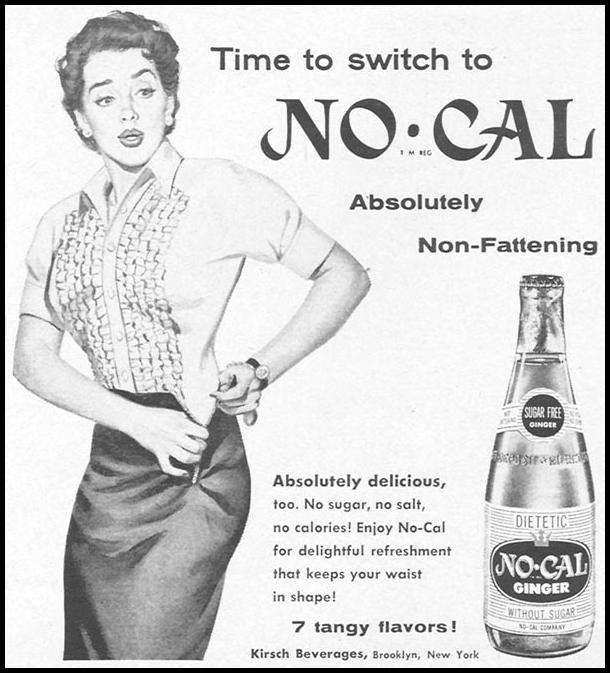Obviously since Diet Soda contains no sugar, scientists had to find a way to give it a sweet taste. This began the long line of artificial sweetener and the media's constant backlash of the artificial sweetener's effects. For the next twenty or so years soda companies went through several different artificial sweetener changes, after each one was said to cause a different health problem (cancer, tumors, etc) .
In 1981 the FDA approved the chemical compound Aspartame okay to use in food and beverages.

"It is a synthetic chemical consisting of two amino acids, phenylalanine (50 percent) and aspartic acid (40 percent), and a methyl ester (10 percent) that promptly becomes free methyl alcohol (methanol; wood alcohol). The latter is universally considered a severe poison" (wnho.net).
Free methyl alcohol has been said to cause chronic methanol poisoning, which then affects the dopamine system of the brain and consequently causes addiction.
After Aspartame was approved complaints started flowing in about how dangerous it is. The FDA do anything about the complaints, and by 1988 "80 percent of complaints volunteered by consumers to the FDA about supplements involved aspartame products" (wnho.net)
Are you a little worried yet?
Here is an overview of some of the symptoms reported:
(courtesy of wnho.net)
(
http://www.wnho.net/fdaapprovedepidemic.htm)
In 2008, a study was done to see if diet soda intake increased the risk of Metabolic Syndrome and Type II Diabetes. The scientists assessed diet soda consumption by doing a repeated food questionnaire. They discovered that people who have drink diet soda daily have a 36% greater risk of developing a Metabolic Syndrome and a 62% risk of getting Type II Diabetes.







